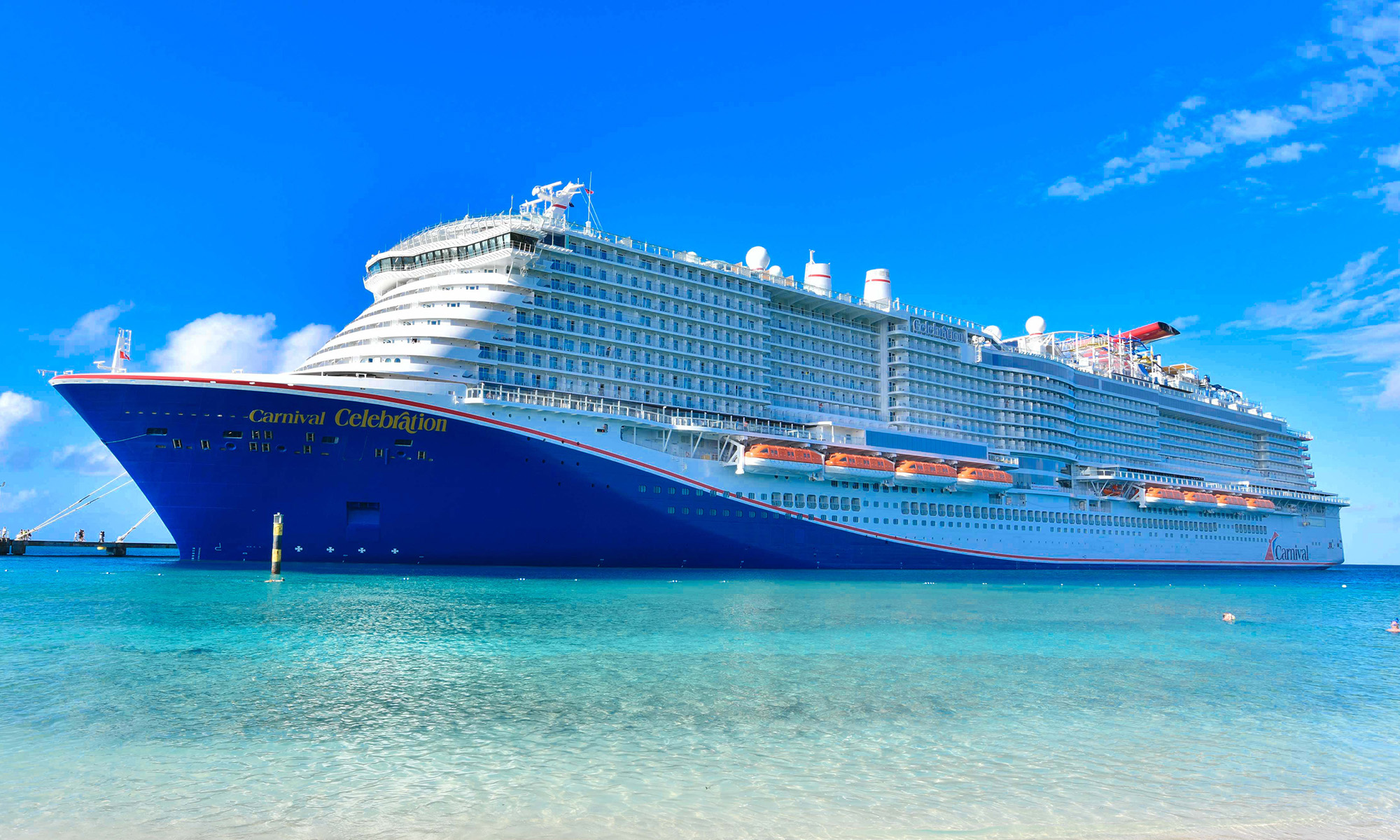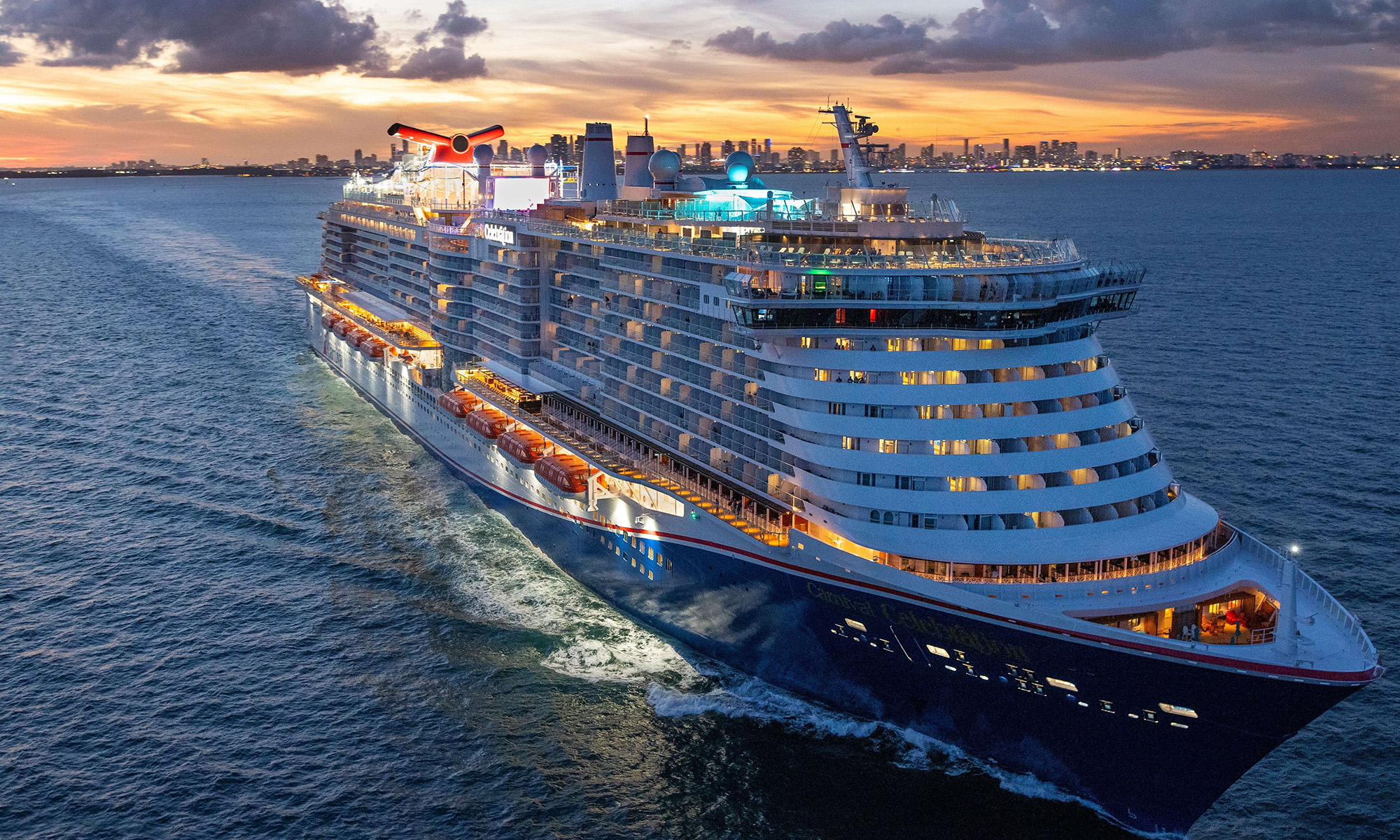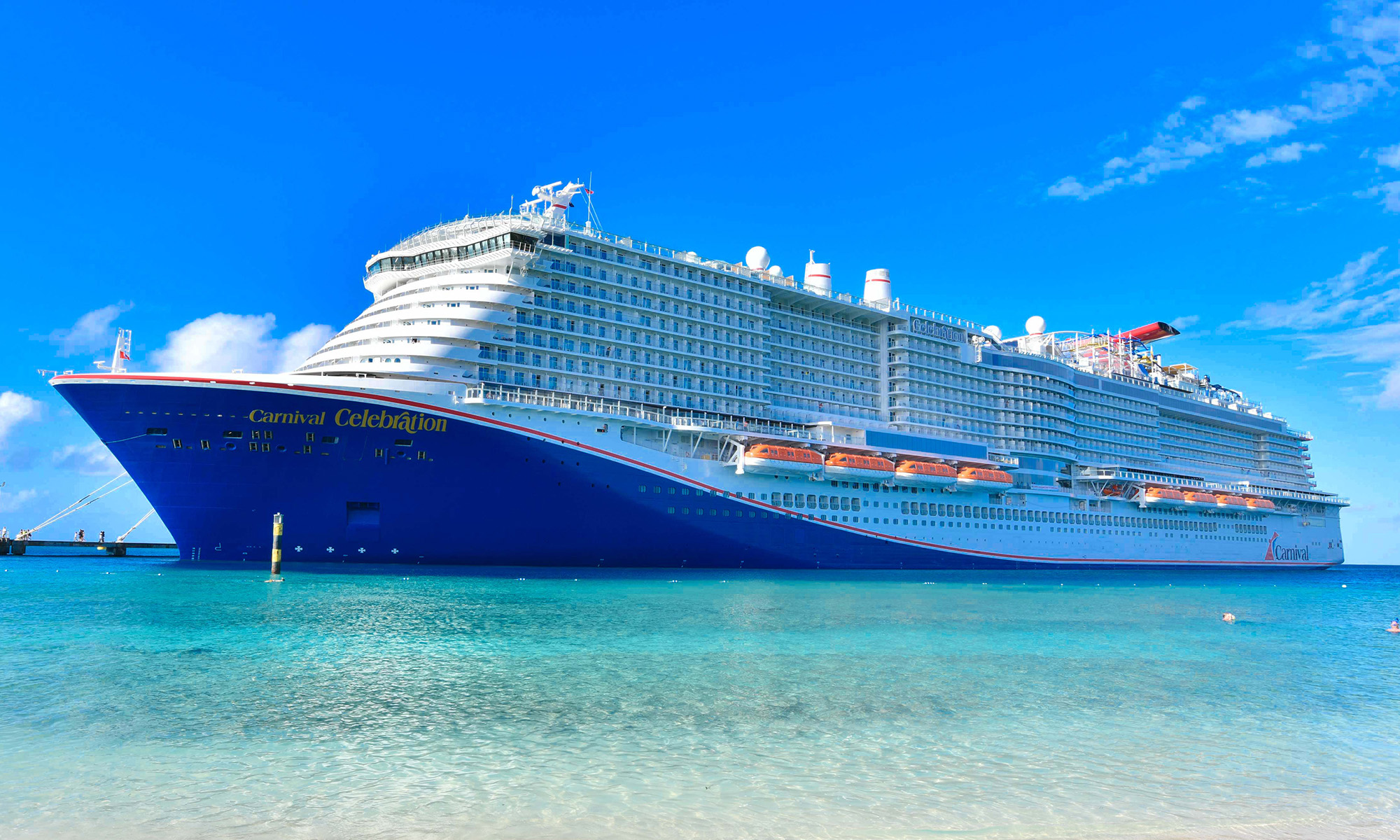I bought Carnival (CCL +0.47%) stock in January 2020, creating the worst timing for an investment in my life. After just three months, my shares are down a painful 75%.
No one can blame me for my enthusiasm. In early January, glowing headlines reflected the cruise industry's bright future, and COVID-19 was on hardly anyone's radar -- at least not publicly. I couldn't have predicted the speed of the coronavirus spread, or the impact it would ultimately have.
Perhaps I could be criticized for not jumping ship sooner. But here's why I didn't quickly sell and why I continue to hold now.

Image source: Carnival.
Why I bought and held
The cruise industry looked good back in January. Cruise Lines International Association projected that a record 32 million passengers were set to sail in 2020, up from just 17.8 million in 2009. The industry had seen passenger growth every year for the past decade. And a 2016 survey by Allianz Global Assistance found that a full 66% of Americans had never been on a cruise, an indication that future growth was attainable.
The industry was attractive, and Carnival had desirable investment traits. It traded at a discount to Royal Caribbean, and offered a high-yield dividend, unlike Norwegian Cruise Line Holdings.
Chart from Jan. 1, 2015 through Jan. 1, 2020. CCL PE Ratio data by YCharts.
We all know what has happened since January: Some cruise ship passengers tragically contracted COVID-19, other passengers were quarantined on a few ships for long, uncomfortable periods, cruises were canceled, and Carnival saw its revenue evaporate overnight. To handle its impending cash crunch, it's made several financial maneuvers, including suspending its dividend.
I bought Carnival stock with the intention of holding at least five years, a good mentality when investing in stocks. Of course, that's more of a guideline than a rule. Five-year guidelines go out the window if there's a good reason, and a busted investment thesis is a very good reason to sell. And my reasons for buying Carnival stock -- stability, growth, and dividend -- were invalidated in record time.
An investing thesis often breaks over a period of time, giving investors time to evaluate what's happening. But time was something cruise-ship investors didn't have; it only took roughly four weeks for cruise stocks to lose 80% of their value.
By not heading for the hills at the first whisper of bad news, I'm down big with Carnival. But resisting impulse selling while patiently exercising self-control is the winning approach. It's repeatedly saved my portfolio from poor emotional judgments, and I intend to continue the practice in the future.
Why I'm not selling
At this point, my Carnival investment isn't worth much, leaving little incentive to cash out. Sometimes it's a good idea to sell a big loser like this to offset gains from a winner, for tax purposes. But I also don't have a winner in my portfolio that I plan to part with.
More importantly, I haven't technically lost anything yet; I'm not eager to officially lock in the loss. Ups and downs are normal with investing, and you only lose when you sell. Furthermore, there's at least some reason to believe Carnival can recover.
First, Carnival has solved its cash problem, at least for now. By issuing new shares and senior notes, the company has secured over $6 billion in new funding. Even with zero revenue, it can now survive the rest of 2020. The key, though, is that cruises must resume.
Some Carnival cruises could tentatively resume July 1. Of course, this is still an unknown. Governments and the cruise industry will have to establish standards to ensure passenger safety from the coronavirus. But in an interview on CNBC's The Closing Bell, Carnival CEO Arnold Donald said bookings for 2021 are "strong." That may be a relative term -- limited data from third-party sites shows that bookings are down, but cruisers aren't abandoning the activity altogether.
If Carnival does get back to cruising before liquidity runs dry (a reasonable assumption), it could repair its balance sheet in surprisingly short order. In 2019 alone, the company returned $2 billion to shareholders through share repurchases and dividends. And it generated over $5.5 billion in cash from operations. Even if operations only gradually ramp back up, it's possible that Carnival's balance sheet could return to where it was within five years, with prudent capital allocation due to its strong potential for cash flow generation.
Finally, while I see more reason to hold my shares than sell, I also haven't added to my Carnival position. Currently, it's a weed in my portfolio garden, and I don't want to water the weeds. If it rebounds from here, it will do so as a normal allocation in my diversified portfolio -- not one that I doubled down on.








